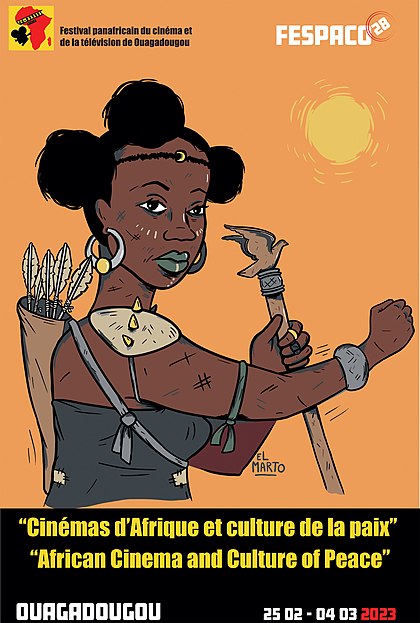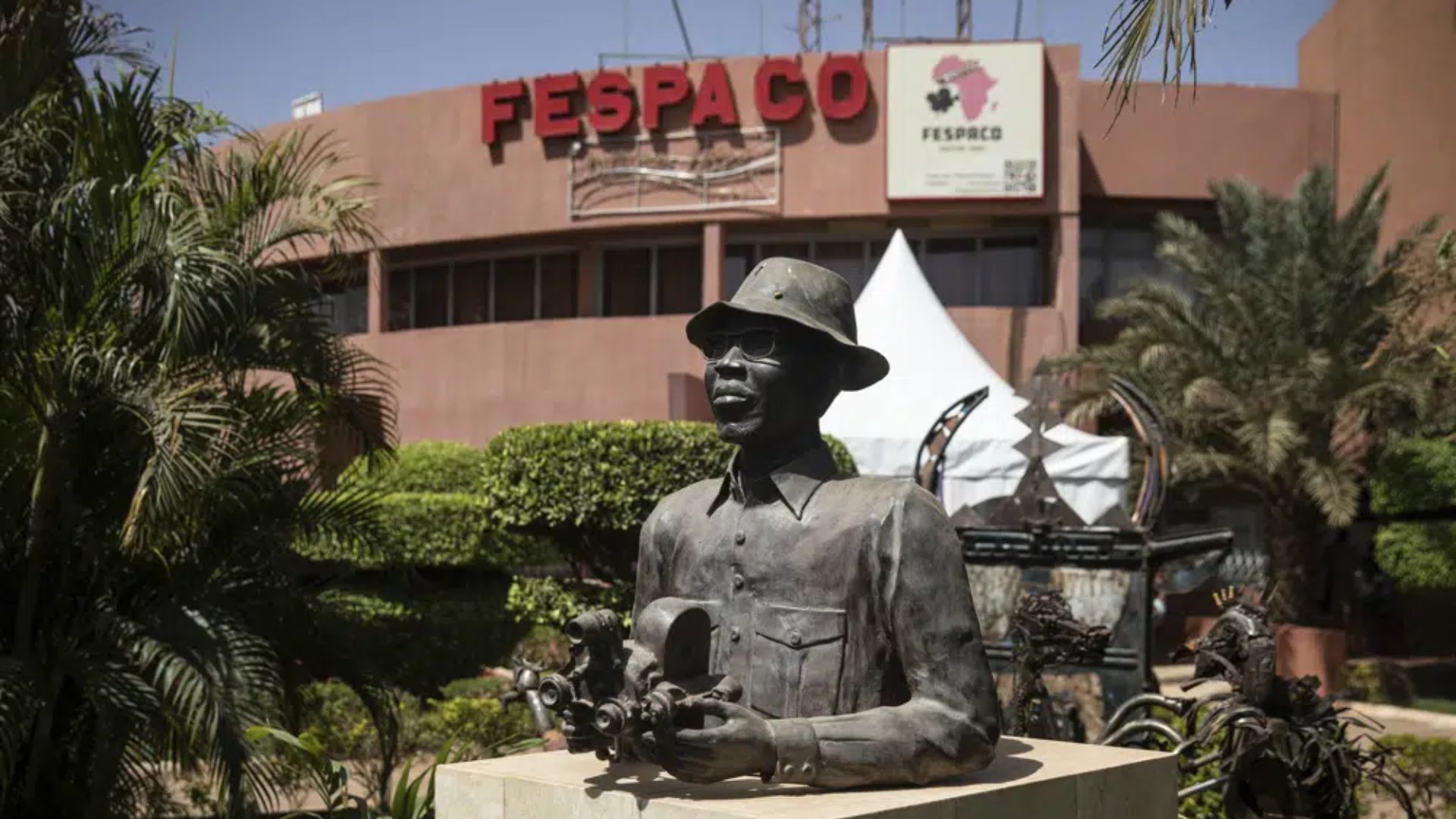Ouagadougou, Burkina Faso - Despite years of political strife and ongoing religious extremist attacks in Burkina Faso, the West African country's annual film festival, FESPACO, has remained a symbol of endurance and hope. This year's weeklong event, which opens on Saturday, promises to be no different.

The festival, which has been held since 1969, showcases films from across Africa and the diaspora, drawing in thousands of visitors each year. While it has faced challenges in the past, such as a boycott by African filmmakers in the 1980s due to a lack of representation in the judging panel, it has always persisted.
This year's event is particularly poignant given the violence that has rocked Burkina Faso in recent years. Since 2015, thousands have been killed and nearly two million displaced due to attacks by religious extremist groups. Despite the threat of violence, the festival has never been cancelled.
"FESPACO is a symbol of resistance," said Tahirou Barry, Burkina Faso's Minister of Culture. "It shows that we will not be intimidated by those who seek to silence us."
This year's festival will feature over 160 films from 33 countries, including 24 films that are in competition for the top prize, the Golden Stallion. The festival's theme is "Celebrating African Cinema in the Digital Age," highlighting the ways in which technology has transformed the film industry on the continent.
"We are excited to showcase the best of African cinema, from classic films to the latest in digital innovation," said Ardiouma Soma, FESPACO's director.

While security remains a concern, organizers have taken steps to ensure the safety of attendees. "We have worked closely with the authorities to ensure that the festival is as safe as possible," said Soma. "We want everyone to enjoy the films and the festivities without worrying about security."
Despite the challenges facing Burkina Faso, FESPACO remains a beacon of hope for the country and the wider region. As one festival-goer put it, "FESPACO shows us that even in the darkest of times, art and culture can still bring us together and inspire us to hope for a better future."